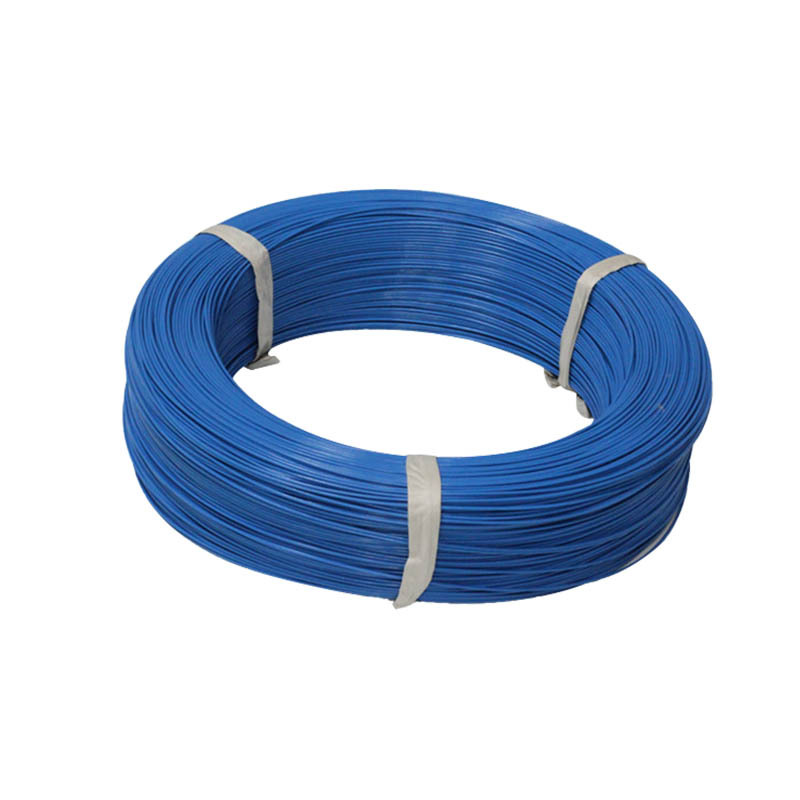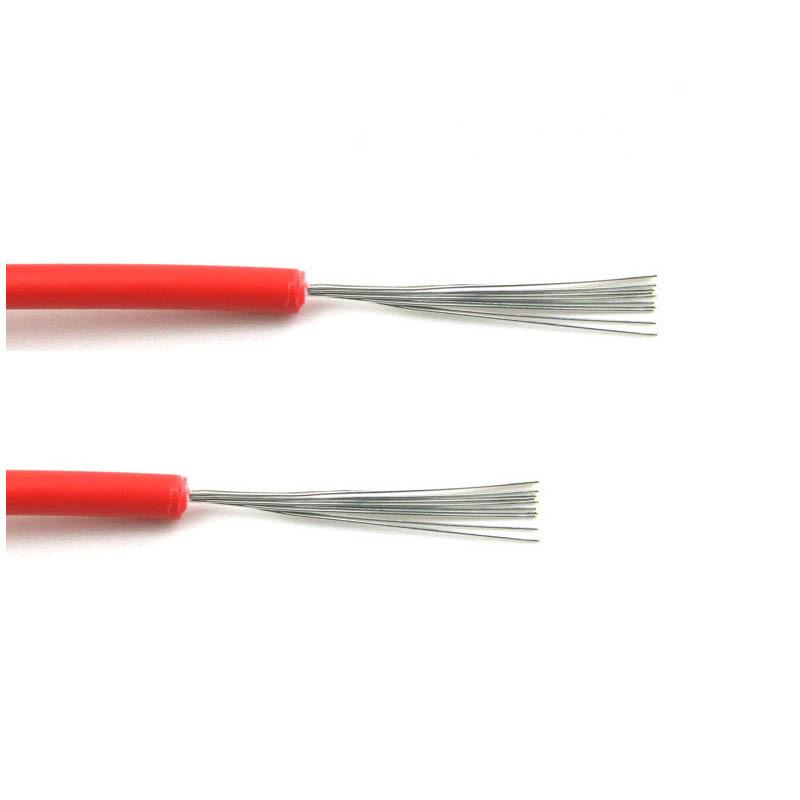

Quality is paramount in the manufacturing of Teflon wires, as these wires are widely used in critical applications where reliability and performance are non-negotiable. Teflon wire manufacturers employ various techniques and standards to ensure that their products meet stringent quality requirements. In this article, we delve into the strategies and processes adopted by manufacturers to guarantee the quality of Teflon wires.
1. Raw Material Selection
The journey to producing high-quality Teflon wires begins with the careful selection of raw materials. Manufacturers source premium-grade materials, including Teflon (polytetrafluoroethylene or PTFE) resin and high-quality conductive wires, from reputable suppliers. These materials undergo rigorous testing to verify their quality and suitability for use in Teflon wire manufacturing.
2. Adherence to Industry Standards
Teflon wire manufacturers adhere to industry standards and specifications to ensure consistency and reliability in their products. Standards such as UL (Underwriters Laboratories) and MIL-SPEC (Military Specifications) set forth specific requirements for Teflon wires regarding factors such as temperature resistance, electrical conductivity, and insulation properties. Manufacturers undergo regular audits and certifications to demonstrate compliance with these standards.
3. Stringent Quality Control Processes
Quality control is integrated into every stage of the manufacturing process to identify and rectify any deviations or defects promptly. From wire extrusion to insulation and jacketing, each step is carefully monitored and tested to maintain consistency and uniformity in Teflon wire production. Advanced testing equipment, including thermal chambers, impedance testers, and tensile strength testers, are utilized to assess various performance parameters.
4. Comprehensive Testing Protocols
Teflon wire manufacturers implement comprehensive testing protocols to evaluate the performance and durability of their products under real-world conditions. Thermal cycling tests subject the wires to extreme temperatures to assess their thermal stability and resistance to thermal shock. Electrical tests measure parameters such as voltage resistance, insulation resistance, and dielectric strength to ensure optimal electrical performance. Mechanical tests evaluate the wires' tensile strength, flexibility, and resistance to abrasion and impact.
5. Continuous Improvement Initiatives
Continuous improvement is a cornerstone of quality assurance in Teflon wire manufacturing. Manufacturers actively solicit feedback from customers and stakeholders to identify areas for enhancement and innovation. Research and development efforts focus on improving materials, processes, and technologies to further enhance the quality, performance, and reliability of Teflon wires.
6. Commitment to Customer Satisfaction
Above all, Teflon wire manufacturers are committed to customer satisfaction. They strive to understand the unique needs and requirements of their customers and tailor their products and services accordingly. Responsive customer support teams provide assistance and technical expertise, ensuring that customers receive prompt and effective solutions to their inquiries and concerns.
In conclusion, ensuring quality in Teflon wire manufacturing is a multifaceted endeavor that encompasses raw material selection, adherence to industry standards, stringent quality control processes, comprehensive testing protocols, continuous improvement initiatives, and a steadfast commitment to customer satisfaction. By upholding these principles and practices, Teflon wire manufacturers deliver products that meet the highest standards of reliability, performance, and durability, thereby earning the trust and confidence of their customers across various industries and applications.


